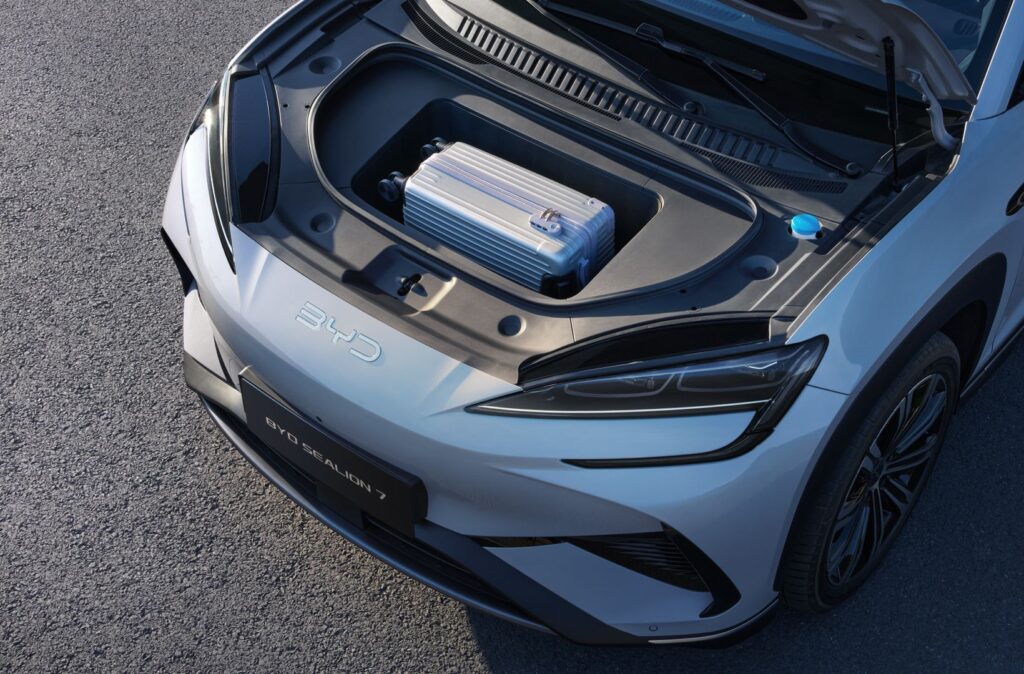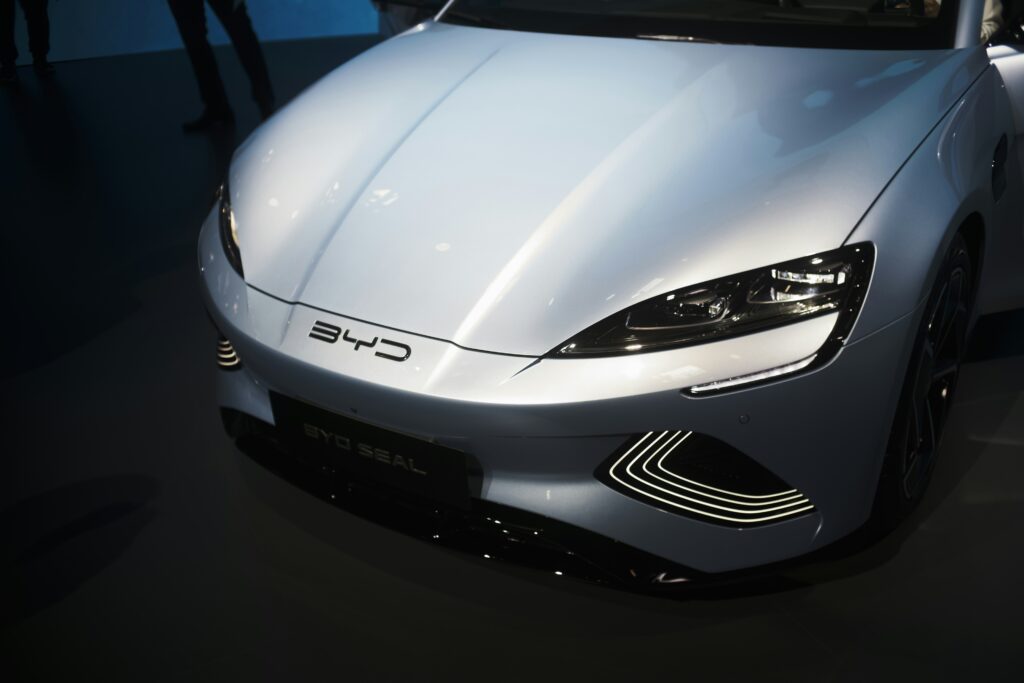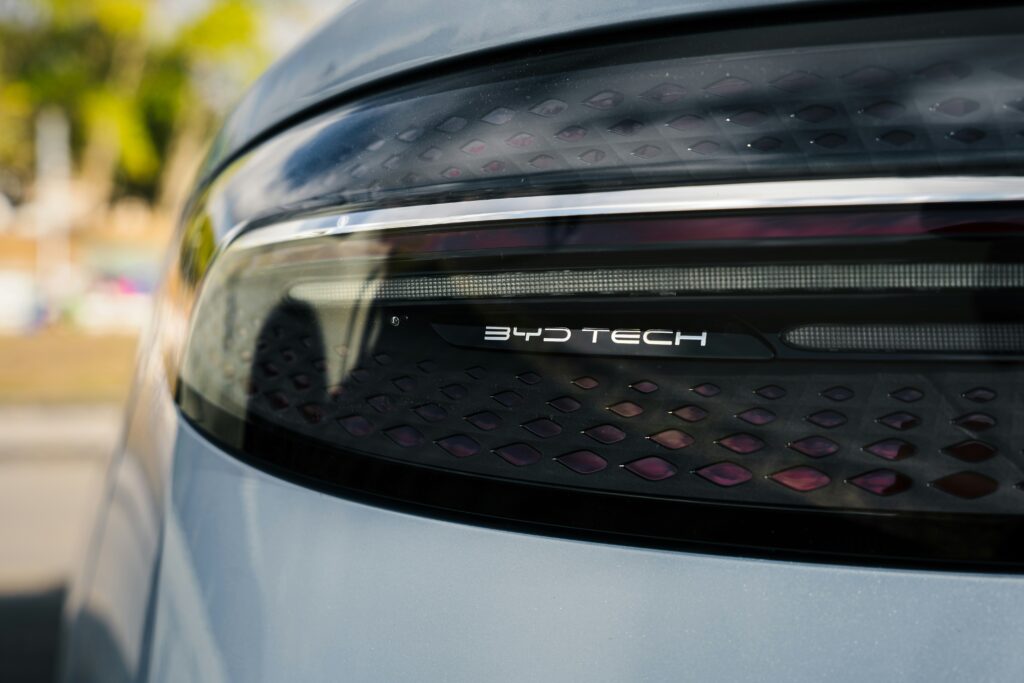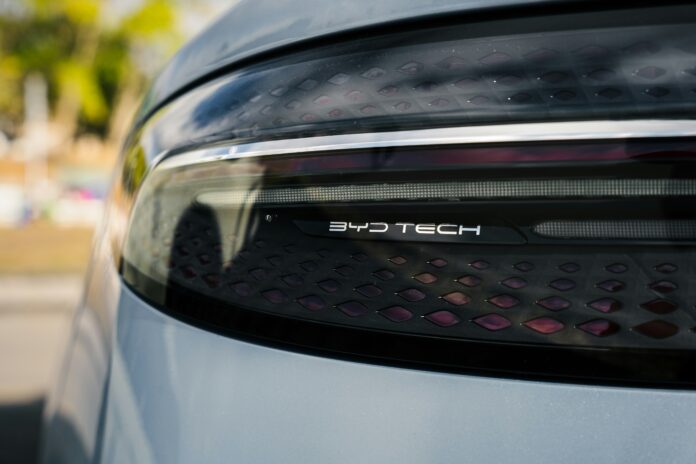
BYD Sues 37 Influencers in China Over Defamation Claims
Beijing, June 2025 — BYD, a leading electric vehicle manufacturer in China and one of Tesla’s primary competitors in the domestic market, has taken legal action against 37 social media influencers. The company accuses these influencers of spreading defamatory content that misrepresents its products and brand. Additionally, BYD is actively monitoring 126 other influencers for allegedly sharing false or misleading information that could confuse consumers. BYD asserts that these actions not only harm its brand reputation but also disrupt the overall market order by spreading inaccuracies about electric vehicles and the company’s offerings.
A Two-Pronged Legal Offensive
Active lawsuits:
BYD’s Legal Department stated in a WeChat message that 37 influencers have been taken to court. Although specific names were not revealed, the statement mentioned previous judicial decisions in earlier cases, including:
- A user on Weibo, a popular Chinese social media platform, has been accused of orchestrating a campaign of influencer-led attacks targeting rival brands in the competitive market. As a consequence of these actions, the individual has been fined 100,000 yuan (approximately $13,800) and has been ordered to publicly apologize for their role in this unethical behavior.
- A WeChat video account was found legally responsible for making defamatory statements against BYD, a prominent electric vehicle manufacturer, and its executives. As a consequence of their actions, the account was imposed a substantial fine of 100,000 yuan to address the misconduct.
- Accounts that made deceptive claims about the safety, quality, and financial stability of their products faced strict penalties, which included fines amounting to 60,000 yuan and potential administrative detention for those found in violation. These measures were implemented to ensure consumer protection and maintain market integrity.
Watchlist and surveillance:
- In addition to considering legal action, BYD has proactively highlighted 126 additional accounts within its internal monitoring system, ensuring they are prepared to take swift and appropriate measures if any further unfounded claims come to light. This initiative underscores the company’s commitment to safeguarding its reputation and addressing misinformation effectively.

Incentivizing Whistleblowers
To strengthen its initiatives in combating misinformation, BYD has established a specialized “News Anti-Fraud Office” that is dedicated to investigating and addressing organized disinformation campaigns. This office offers substantial whistleblower rewards, ranging from 50,000 to 5 million yuan (approximately $6,900 to $690,000), thereby incentivizing individuals to come forward with information that could help expose and dismantle these deceptive operations.
Policy Context and Industry Trends
This action is part of a larger trend in China, where companies are increasingly seeking legal action for damage to their reputation caused by online commentary. BYD is not the only one: car manufacturers such as Nissan-Dongfeng, Tesla (in China), Great Wall Motor, and Chang’an have previously taken influencers to court for supposed defamation. These actions correspond with China’s stricter internet speech laws that consider defaming major corporations as possibly criminal. Regarding BYD’s stance, Li Yunfei, the General Manager of BYD’s Branding and PR department, highlighted:
“We appreciate media critique and public scrutiny, but we will not accept defamatory statements or false allegations. Legal proceedings will persist.”
BYD characterizes the disinformation efforts as “systematic” and “collaborative,” although it has not provided any direct evidence to back that assertion.
Consequences for Influencers.
In China’s existing legal framework, even criticism that lacks evidence or is only partially accurate may result in significant fines or legal repercussions if a company claims that the content damaged its reputation. This recent development underscores the considerable risks faced by influencers who report on large corporations such as BYD— even criticism framed as analysis or opinion could lead to legal consequences under Chinese defamation statutes.
Looking Ahead
As the legal proceedings progress in Chinese courts, observers will be monitoring whether BYD offers more substantial proof of organized defamation efforts or if the lawsuits are contested due to insufficient merit. In the meantime, countless other content creators in China will be considering the potential risks of discussing major electric vehicle brands — even in a critical manner — against the chance of facing legal repercussions.
This situation underscores the increasing power of legal tactics in shaping corporate reputations in the digital era, particularly within highly regulated media environments like that of China.

